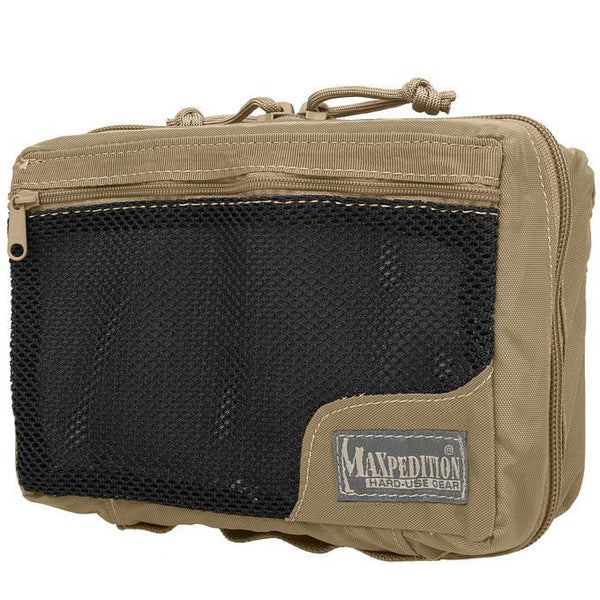406life
Lil-Rokslider
This is exactly why you should take an advance life-saving course. With the massive caveat that I am not a doctor and the provisio that this is for myself only, I alternate Tylenol in Motrin as needed for pain. People respond differently to the various types of pain meds, so having the variety doesn't take up much room or wait well worth having. I also keep Tylenol with me for the odd fever.I’m going through this exercise as well.
Can someone tell me why it’s worth it to carry Tylenol, ibuprofen, and aspirin? From my research they’re all fairly similar. Seems like Tylenol does not have anti inflammatory characteristics. Why not just pack ibuprofen or aspirin? If I recall aspirin can thin blood so could help with a heart attack? So maybe that’s an argument for aspirin and ibuprofen? But why would I carry all 3?

